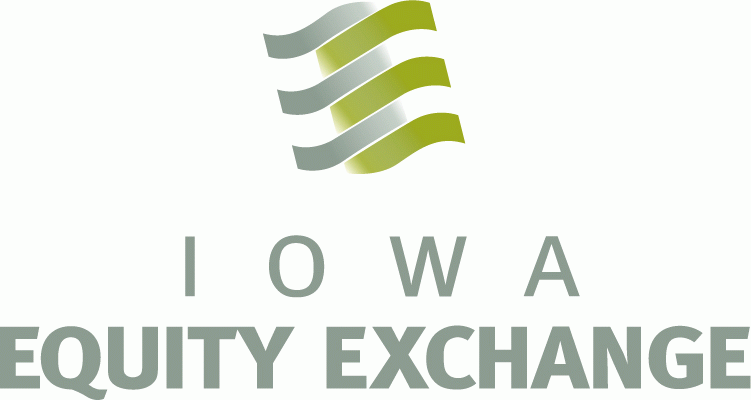LIQUIDITY OF FUNDS
What could be more exciting than a discussion of the liquidity of funds, right? Okay, so it sounds pretty dry. Let me try to explain why it is actually of critical importance.
In my opinion, the cornerstone responsibility that a Qualified Intermediary has to his client is to protect his client's money while it is in the QI's possession. If the QI does something that makes it so his client's money is not available when it is needed, or it is worth less than it was when it was transferred to the QI, then it really does not matter how well the QI prepared the documents, or how in tune with the laws that affect Section 1031 exchanges he is, now does it? The QI who places his clients' funds and accounts at risk is on a track for disaster.
Unfortunately, there have been a few disasters in the QI industry. The numbers are very, very small number in comparison to the number of practitioners; a fraction of one percent, thankfully. It is not beneficial to delve into any specific failures. Instead, I will point out that, in every case about which I am aware, the crux of the problem was that the QI had, knowingly or unknowingly, placed his clients' funds at risk.
What can be done to avoid these risks as an exchanger?
1. Ask your QI where he or she intends to hold your money. The answer, in my opinion, should be that it will be held in an account that is strictly segregated from all other exchange accounts of the QI. No pooling or aggregating of accounts should be allowed. Ask your QI if he or she pools funds with other exchangers.
2. In addition and equally as important, ask your QI in what type of account the funds will be held. Again, in my opinion, the best answer is an FDIC-insured bank account. Investing funds in just about any other type of account leaves those funds subject to the risks of the market. In some cases of QI failure, funds were invested in something called "auction rate securities," which gave the appearance of liquidity but failed that test as the overall market went south. The only risk that bank accounts carry is the risk of failure of the FDIC to honor its guarantee. Most investors would feel fairly confident of that not happening.
We sometimes have a client who simply signs the documents to start an exchange without paying any attention to what we intend to do with their money. We like to point out to them what our plans are so they can feel comfortable, even though it may not have occurred to them to feel otherwise. Do not just blindly turn your money over to your QI. Ask questions and satisfy yourself that ALL of your money will be available when you need it to close on your replacement property!


